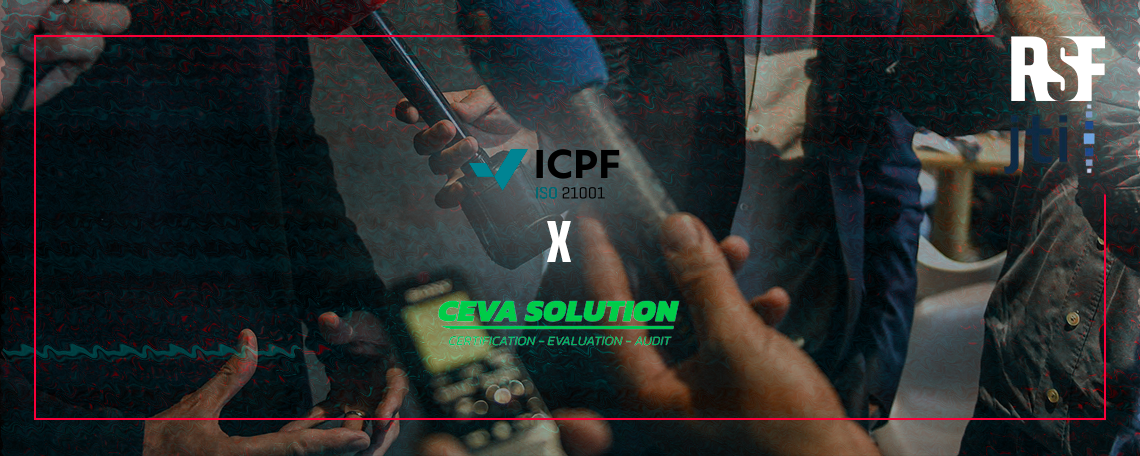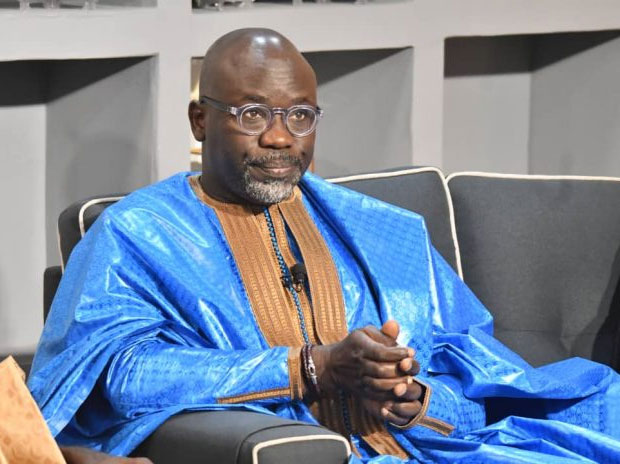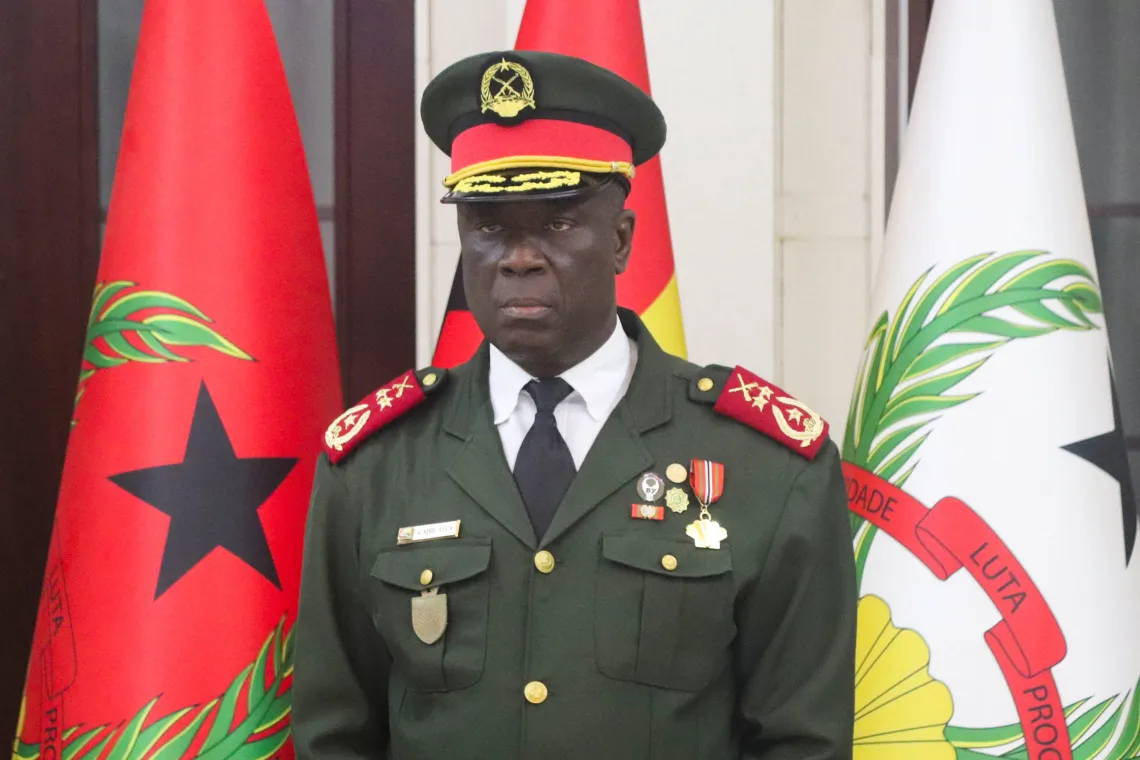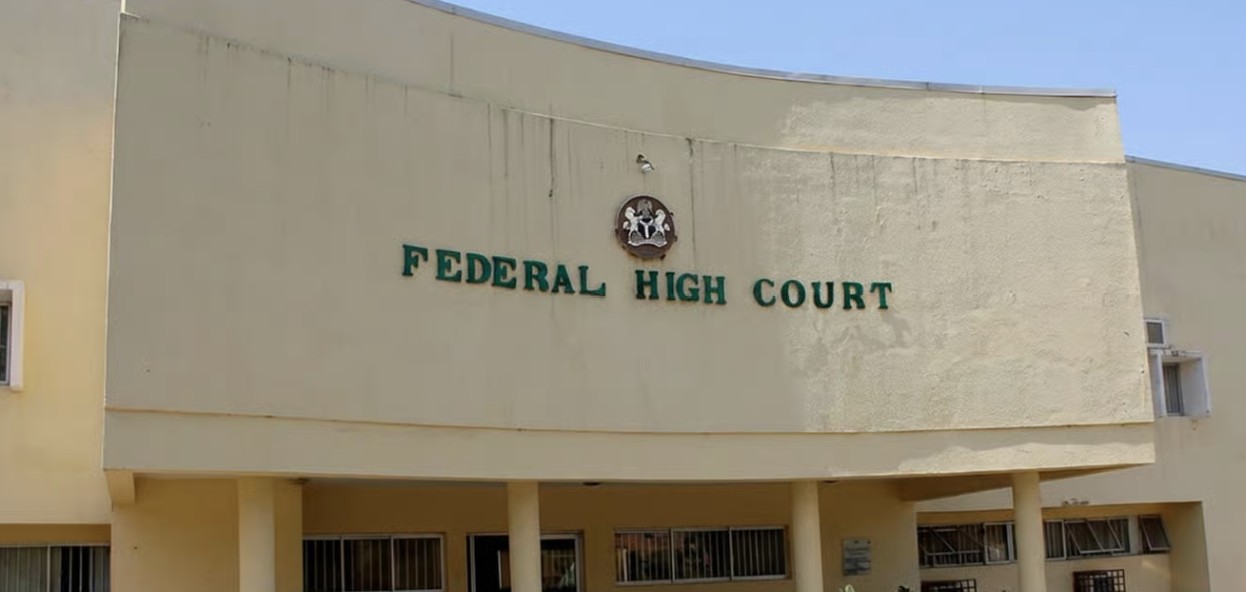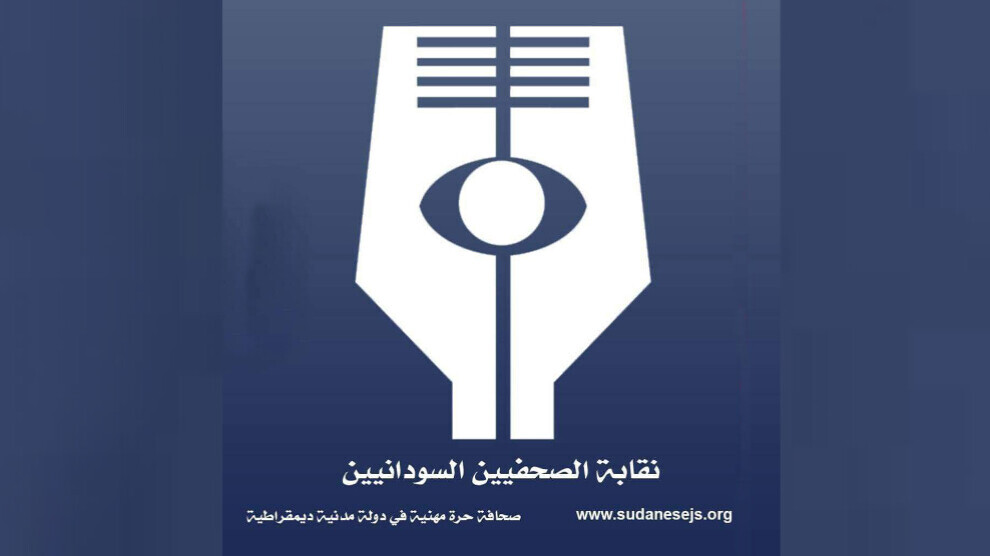Respected Senegalese political analyst and journalist Cheikh Yerim Seck was summoned to the cybercrime division of Dakar police and detained following remarks made on private television channel 7 TV. During the broadcast, Seck challenged official government figures on the country’s economic conditions, citing data from the Ministry of Finance. Authorities subsequently charged him with “spreading false news” and defamation.
The International Federation of Journalists (IFJ), alongside the Coordination of Press Associations (CAP) and the Senegalese journalists’ union SYNPICS, denounced the detention as arbitrary and abusive. IFJ Secretary General Anthony Bellanger urged the government to release Seck immediately, warning that criminalizing reporters who challenge official narratives undermines democracy and the public’s right to accurate information.
CAP emphasized that Seck’s arrest contradicted Senegal’s constitutional protections for free speech and the press. They affirmed that journalists must have the freedom to scrutinize official statements, a foundational role in a democratic society. The detainment has amplified domestic and international concerns about a rising authoritarian drift in Senegalese governance.
Seck’s case illustrates a broader trend across Senegal over recent years—government authorities increasingly invoking cybercrime, defamation, and “fake news” laws to suppress dissenting journalism. Media watchdogs caution that these legal tools are transforming into blunt instruments of state control, pressuring journalists into self-censorship and narrowing the bounds of political discourse.

